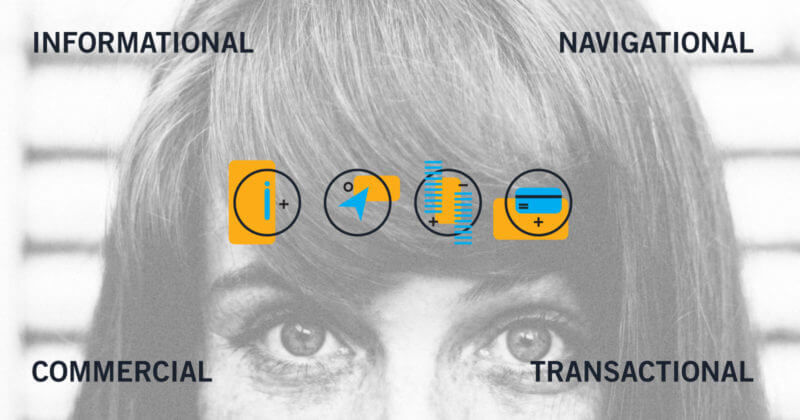The importance of understanding intent for SEO
- Ginny Marvin
- Nov 30, 2018
- 3 min read
Search engines are getting more sophisticated at measuring how well a page matches intent so here are some tips on how to build a better strategy for it.
Andrew Dennis on November 30, 2018
Search is an exciting, ever-changing channel.
Algorithm updates from Google, innovations in the way we search (mobile, voice search, etc.), and evolving user behavior all keep us on our toes as SEOs. The dynamic nature of our industry requires adaptable strategies and ongoing learning to be successful. However, we can’t become so wrapped up in chasing new strategies and advanced tactics that we overlook fundamental SEO principles.
Recently, I’ve noticed a common thread of questioning coming from our clients and prospects around searcher intent, and I think it’s something worth revisiting here. In fact, searcher intent is such a complex topic it’s spawned multiple scientific studies (PDF) and research (PDF).
However, you might not have your own internal research team, leaving you to analyze intent and the impact it has on your SEO strategy on your own. Today, I want to share a process we go through with clients at Page One Power to help them better understand the intent behind the keywords they target for SEO.
Two questions we always ask when clients bring us a list of target keywords and phrases are:
Should your site or page rank there?What will these rankings accomplish?
These questions drive at intent and force us, and our clients, to analyze audience and searcher behavior before targeting specific keywords and themes for their SEO strategy.
The basis for any successful SEO strategy is a firm understanding of searcher intent.
Types of searcher intent
Searcher intent refers to the “why” behind a given search query — what is the searcher hoping to achieve? Searcher intent can be categorized in four ways:
InformationalNavigationalCommercialTransactional
Categorizing queries into these four segments will help you better understand what types of pages searchers are looking for.

Informational intent
People entering informational queries seek to learn information about a subject or topic. These are the most common types of searches and typically have the largest search volumes.
Informational searches also exist at the top of the marketing funnel, during the discovery phase where visitors are much less likely to convert directly into customers. These searchers want content-rich pages that answer their questions quickly and clearly, and the search results associated with these searches will reflect that.
Navigational intent
Searchers with navigational intent already know which company or brand they are looking for, but they need help with navigation to their desired page or website. These searches often involve queries that feature brand names or specific products or services.
These SERPs typically feature homepages, or specific product or service pages. They might also feature mainstream news coverage of a brand.
Commercial intent
Commercial queries exist as a sort of hybrid intent — a mix of informational and transactional.
These searches have transactional intent. The searcher is looking to make a purchase, but they are also looking for informational pages to help them make their decision. The results associated with commercial intent usually have a mix of informational pages and product or service pages.
Transactional intent
Transactional queries have the most commercial intent as these are searchers looking to make a purchase. Common words associated with transactional searches include [price] or [sale].
Transactional SERPs are typically 100 percent commercial pages (products, services and subscription pages).
Categorizing keywords and search queries into these four areas makes it easier to understand what searchers want, informing page creation and optimization.
Optimizing for intent: Should my page rank there?
With a clear understanding of the different types of intent, we can dive into optimizing for intent.
When we get a set of target keywords from a client, the first thing we ask is, “Should your website be ranking in these search results?”
Asking this question leads to other important questions:
What is the intent of these searches?What does Google believe the intent is?What type of result are people searching for?
Before you can optimize your pages for specific keywords and themes, you need to optimize them for intent.




Comments